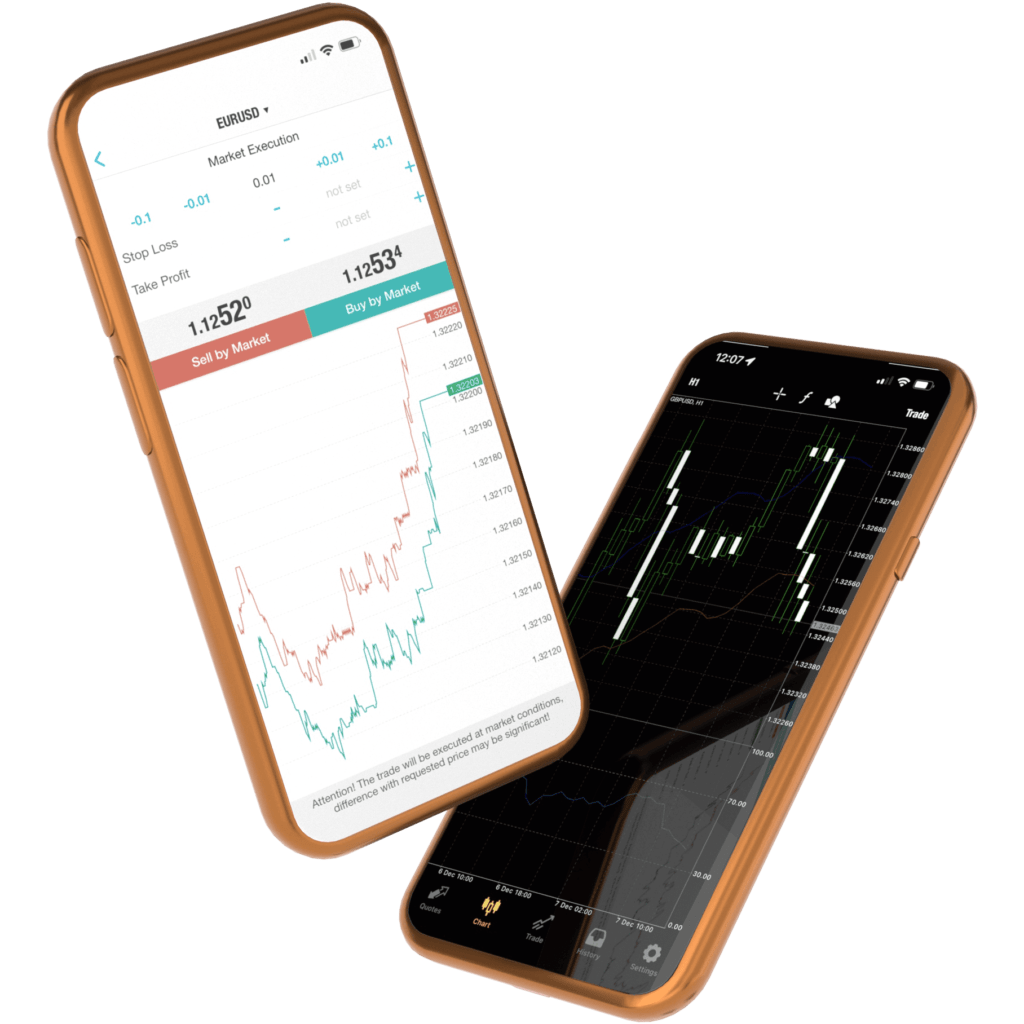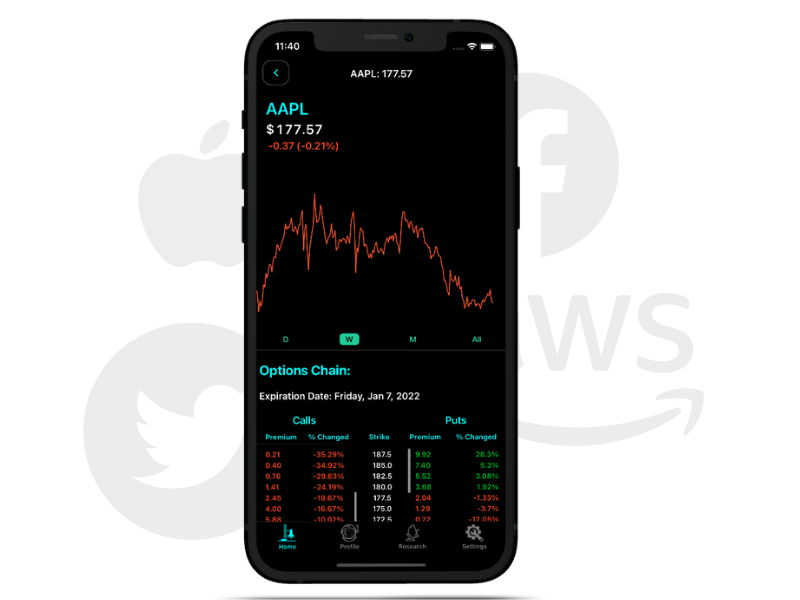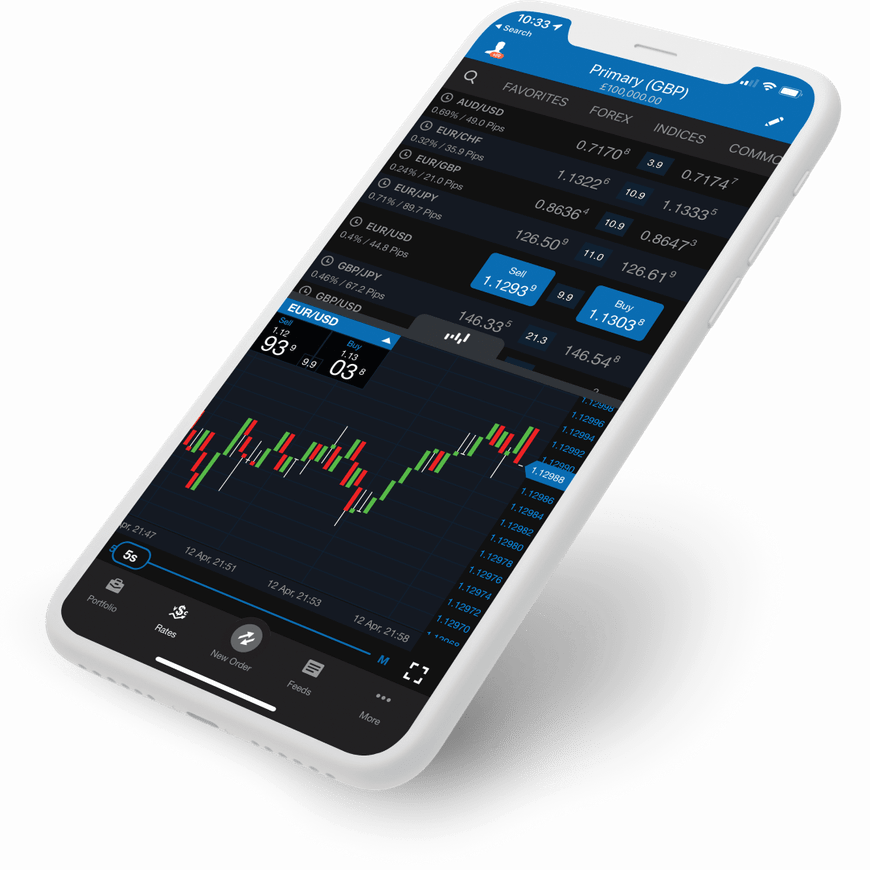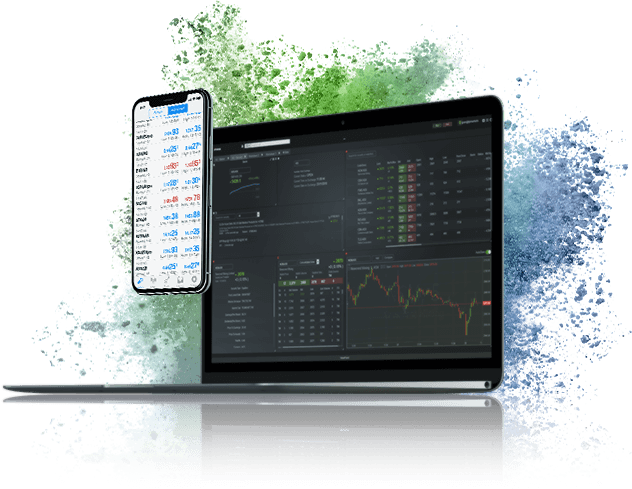markets
FOREX
Forex trading, also known as foreign exchange trading or currency trading, is the process of buying and selling currencies on the foreign exchange market. The forex market is the largest and most liquid financial market in the world, with trillions of dollars being traded.
STOCKS
Stock trading is the process of buying and selling shares of publicly traded companies on the stock market. It is a popular form of investment that allows individuals and institutions to participate in the financial markets and potentially earn profits.
INDICES
Indices, also known as stock market indices or simply indexes, are tools used to measure and track the performance of a specific group of stocks or securities within a particular financial market. They serve as indicators of the overall market sentiment and provide investors with valuable insights
COMMODITIES
Commodities play a crucial role in the world of trade. In simple terms, commodities are raw materials or primary agricultural products that can be bought and sold. These goods are typically used in the production of other goods or consumed directly.
Cryptocurrencies
Cryptocurrencies have revolutionized the way we perceive and engage in trade. With the advent of digital currencies such as Bitcoin, Ethereum, and Litecoin, transactions have become faster, more secure, and increasingly accessible to individuals worldwide.

FOREX
Forex, also known as foreign exchange or FX, refers to the global marketplace where currencies are traded. It is the largest financial market in the world, with a daily trading volume of trillions of dollars. Forex trading allows individuals, businesses, and financial institutions to buy, sell, and speculate on currencies, aiming to profit from fluctuations in their exchange rates.
One of the key benefits of forex trading is its high liquidity. Due to its enormous size, traders can easily enter and exit positions, ensuring quick execution and minimal slippage. Additionally, forex operates 24 hours a day, five days a week, enabling traders to participate at any time, regardless of their geographical location.
Another advantage of forex trading is the potential for profit. With the right knowledge, strategies, and risk management, traders can generate substantial returns. Moreover, the forex market offers a wide range of currency pairs to trade, allowing individuals to diversify their portfolios and capitalize on various global economic trends.
Forex trading also provides ample opportunities for leverage, which allows traders to control larger positions with a smaller amount of capital. However, it is essential to exercise caution while using leverage, as it magnifies both profits and losses.
In conclusion, forex trading offers numerous benefits, including high liquidity, flexibility, profit potential, and leverage opportunities. However, it is crucial for traders to educate themselves, develop a solid trading plan, and exercise prudent risk management to succeed in this dynamic market.
STOCKS
Stocks are financial instruments that represent ownership in a company and are traded on various stock exchanges. Investing in stocks can provide numerous benefits for individuals looking to grow their wealth and achieve long-term financial goals.
One of the key advantages of investing in stocks is the potential for significant returns. Over time, stocks have historically outperformed other asset classes, such as bonds or cash. This means that by investing in stocks, individuals have the opportunity to earn higher returns on their investment.
Stocks also offer liquidity, as they can be easily bought and sold on stock exchanges. This allows investors to access their funds whenever needed, providing flexibility and the ability to take advantage of market opportunities.
Furthermore, investing in stocks allows individuals to become owners of companies, giving them a say in important decisions and potentially benefiting from the company’s success. Dividends, which are a share of a company’s profits distributed to shareholders, can provide an additional source of income for investors.
In conclusion, stocks offer the potential for high returns, liquidity, ownership, and income generation through dividends. However, it is important to note that stock investing involves risks, and individuals should carefully research and diversify their portfolios to mitigate these risks.


INDICES
Indices are a crucial component of the financial market, acting as a benchmark to measure the performance of a specific sector or the overall market. An index is essentially a statistical measure that represents a group of stocks, bonds, or other assets. It provides investors with a simple and effective way to track the performance of a specific market segment.
One of the significant benefits of indices is that they allow investors to diversify their portfolios easily. Instead of investing in individual stocks or bonds, investors can choose to invest in an index, which provides exposure to a wide range of assets. This diversification helps reduce the risk associated with investing in a single company or sector.
Indices also serve as a useful tool for traders. They provide a snapshot of the market sentiment and can help identify trends and patterns. Traders can use indices to make informed decisions about their trades, as they reflect the overall market’s performance. Additionally, indices are often used as a basis for creating financial products such as exchange-traded funds (ETFs) and index funds, which further enhance investors’ accessibility and flexibility in the market.
In conclusion, indices play a crucial role in the financial market, offering investors a way to track and measure market performance, diversify their portfolios, and make informed trading decisions.
COMMODITIES
Commodities are tangible goods that can be bought and sold in markets. They include natural resources such as oil, gas, gold, silver, agricultural products like wheat, corn, and livestock, as well as industrial metals like copper and aluminum. The trade of commodities has been a vital part of human civilization for centuries, enabling economic development and international exchange.
One of the key benefits of commodities is their ability to act as a hedge against inflation. As the value of currencies fluctuates, commodities tend to hold their value, providing stability and protection against rising prices. Additionally, commodities offer diversification opportunities for investors. By including commodities in a portfolio, investors can reduce their exposure to the volatility of other asset classes such as stocks and bonds.
Moreover, commodities play a crucial role in global trade. They serve as raw materials for industries, ensuring the production of essential goods and services. Commodities also foster economic growth in developing countries, as they provide a means for these nations to participate in international trade and generate revenue.
In conclusion, commodities offer various advantages, ranging from acting as a hedge against inflation to facilitating economic growth and diversification for investors. Their significance in trade and commerce cannot be overstated.


Cryptocurrencies
Cryptocurrencies have revolutionized the way we perceive and conduct trade in the digital age. These digital or virtual currencies, such as Bitcoin, Ethereum, and Litecoin, are decentralized and operate on a technology called blockchain. This technology ensures transparency, security, and eliminates the need for intermediaries like banks or financial institutions.
One of the key benefits of cryptocurrencies is their ability to facilitate faster and cheaper transactions. Traditional cross-border transactions can be time-consuming and costly due to various intermediaries involved. However, with cryptocurrencies, transactions can be completed within minutes, irrespective of geographical boundaries, and at a fraction of the cost.
Additionally, cryptocurrencies provide users with greater control over their finances. Users have full ownership and control of their digital assets, eliminating the risk of frozen accounts or government interference. This financial autonomy is particularly appealing in countries with unstable economies or oppressive regimes.
Cryptocurrencies also offer investment opportunities and the potential for significant returns. As the market for cryptocurrencies grows, their value can increase exponentially, providing early adopters and investors with substantial profits.
In conclusion, cryptocurrencies offer numerous benefits, including fast and affordable transactions, financial autonomy, and investment opportunities. As the world becomes increasingly digital, cryptocurrencies are poised to play a crucial role in shaping the future of trade and finance.